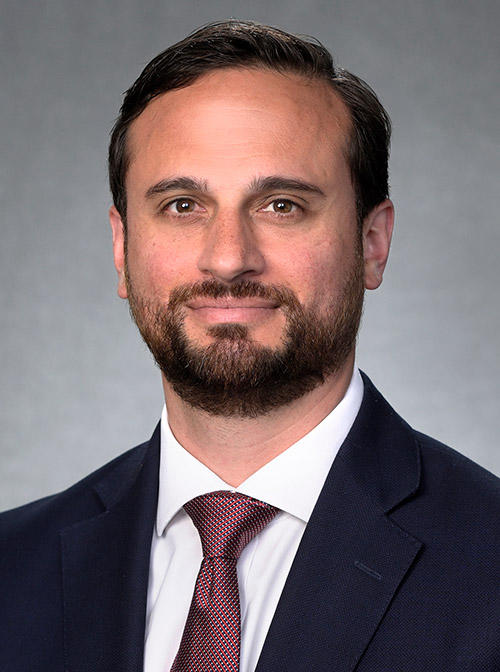Company description
Recognized in Philadelphia magazine's annual Top Docs issues for 2019 and 2020 Recognized as Castle Connolly Top Doctor 2018, 2019, 2020. Recognized as Castle Connolly Top Cancer Doctor 2020. Dr. Malhotra is the Chief of Neurological Surgery at the Hospital of the University of Pennsylvania and Vice Chairman for Operations for the Department of Neurological Surgery at the University of Pennsylvania. He oversees strategic initiatives to enhance the quality of patient care. Dr. Malhotra has published more than 150 peer reviewed articles and book chapters devoted to advancing care for patients with spinal cancers and spinal degenerative disorders. From a clinical standpoint, Dr. Malhotra provides expertise in the care of cancers of the spinal column and spinal nerves as well as spinal degenerative disorders. His clinical goals focus on optimizing quality of life as well as life expectancy for disorders of the nervous system. He takes particular interest in the development of advanced approaches to spinal lesion treatment (such as meningioma, chordoma, metastasis) and spinal column reconstruction in addition to the treatment of cervical and lumbar disc herniation and spondylolisthesis. He is the first to have performed Endoscopic and Exoscopic Spinal Fusion Surgery (a less invasive form of spinal nerve decompression and fusion). Dr. Malhotra led the team that performed the worlds first transoral robotic surgery for treatment of a spinal cancer. As director and creator of the Neurosurgery Quality Improvement Initiative Dr. Malhotra, along with like-minded colleagues, developed a software system within the electronic medical record system to enhance disease management and predict response to therapy. The EpiLog project is now in use to enhance all patient care.


